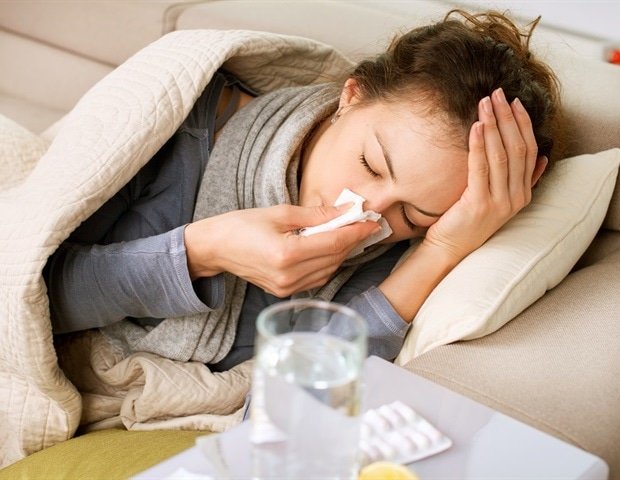The UK Health Safety Authority (UKHSA) is reminding all beneficiaries that it is not too late to book their flu and COVID-19 vaccines. Cases are expected to continue to rise in the coming weeks following increased travel and socializing during the holiday season.
Those at greater risk of serious illness from influenza and COVID-19 should be vaccinated to reduce their chances of needing medical attention or hospitalisation, reducing pressure on health services. Children who get the flu shot are also helping to reduce the spread to vulnerable friends and family, ensuring communities across the UK make the healthiest start to 2024.
For pregnant women, uptake for flu and COVID-19 vaccines has decreased compared to the same time last season. Vulnerable groups, including pregnant women and those with long-term health conditions, are especially urged to get vaccinated as soon as possible.
Since it can take several days to build up your immunity after flu and COVID-19 shots, now is the time to get vaccinated to start the new year healthy. Temperatures are forecast to drop later in January, with more indoor mixing increasing the likelihood of a further rise in flu and COVID-19.
Eligible groups can book their vaccine by contacting their local practice or pharmacy to make an appointment. COVID-19 vaccinations are offered until January 31st, while flu shots are available until March 31st.
Dr Mary Ramsay, Director of Immunization at UKHSA, said:
Flu and COVID-19 levels are on the rise, so get your shot now to make sure you’re strong this winter. Pregnant women, their unborn babies, and those in clinical risk groups are at higher risk of complications and serious illness from influenza. Getting both the flu and COVID-19 vaccines provides the best protection for both pregnant women and their baby. Vaccinated women have a lower risk of stillbirth, prematurity and needing intensive care.
If you are a parent of a 2 or 3 year old, don’t forget that they are also eligible for the flu shot and this can be booked through your GP – the nasal spray vaccine will help prevent hospitalisation, reduce the spread of flu in the community and avoid having to juggle a sick child with work and other obligations.
It’s not too late to get your vaccinations – people who meet the criteria can talk to their GP or alternatively a local pharmacist about getting vaccinated.
If you have symptoms of a respiratory illness such as the flu or COVID-19, you can help reduce the spread of these infections by washing your hands regularly and covering your mouth when you cough or sneeze, regularly cleaning frequently touched surfaces, and avoiding mixing with others where it is possible, especially those who are most vulnerable.”
